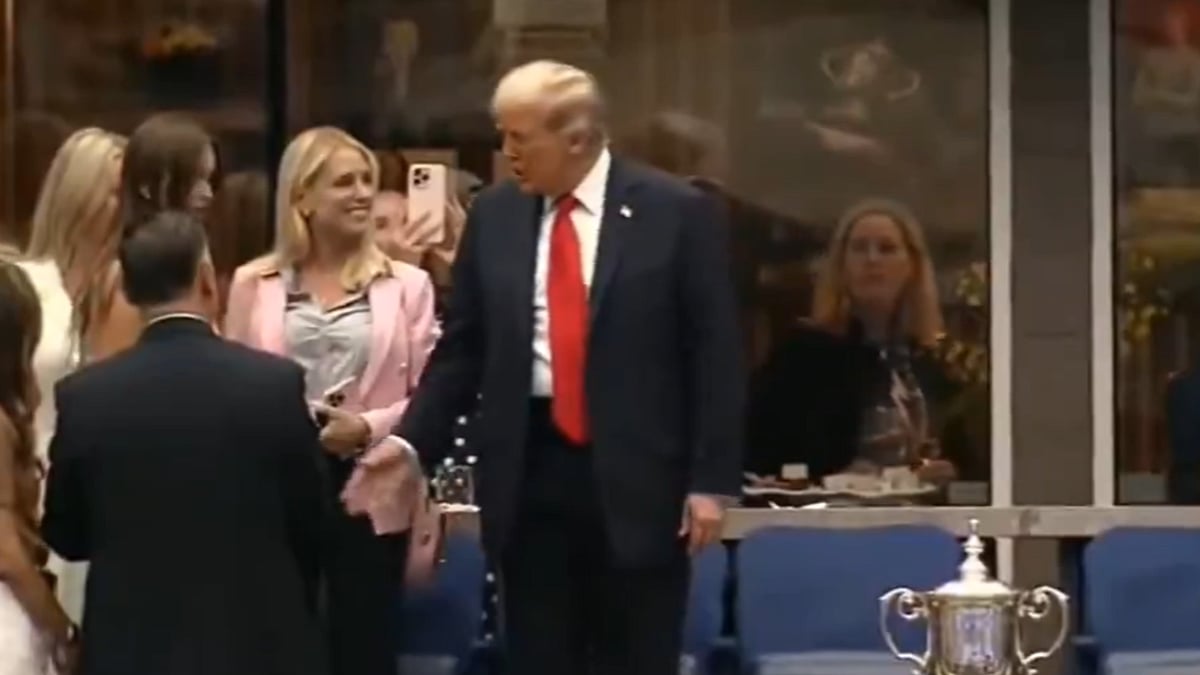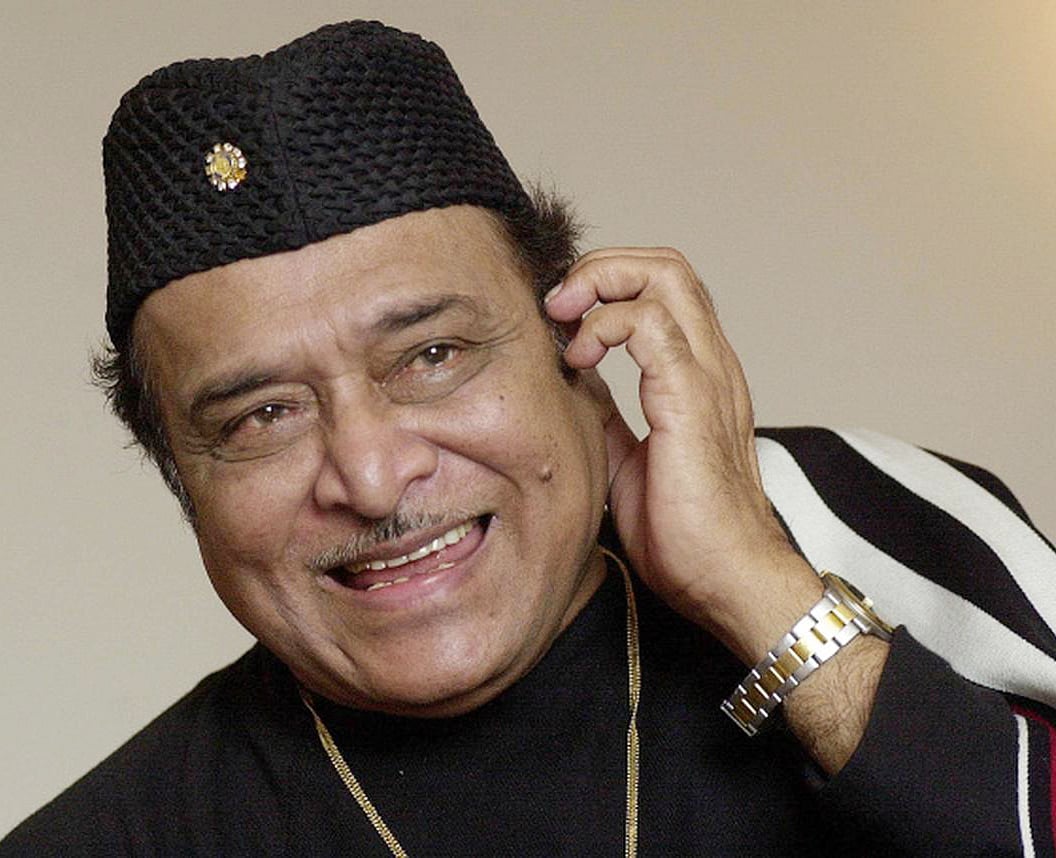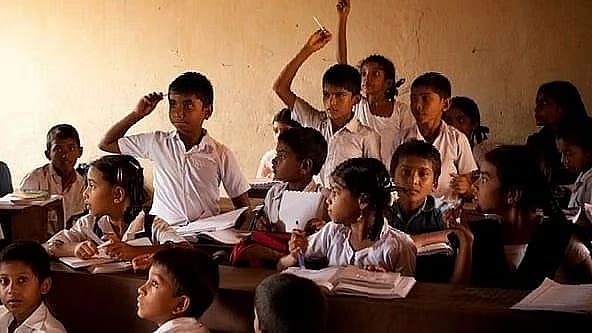On February 12, 2023, Darshan Solanki, a Dalit student at IIT-Bombay died by suicide. He did not leave a suicide note but it is widely believed that the caste discrimination and the daily humiliation that he faced in the sprawling IIT campus drove him to death. It was not the first incident of suicide by a Dalit student in a prestigious institution of higher education and, depressingly, it is unlikely to be the last. Alarmingly, in the period 2014-2021, 121 Dalit students died by suicide in Indian higher educational institutions!
While every suicide is deeply personal and complex, the fact that so many Dalit (largely male) students — who should be the shining stars of these institutions — are compelled to take their own lives after getting admission into these prestigious institutions makes one realise that there is something toxic about the academic and social environments of these (largely engineering and medical) institutions.
We all know too well the source of this toxicity: the caste hierarchy as the central axis of our social existence. Sadly, the higher we go up the education ladder, the more entrenched is the belief of the upper caste students and the faculty that the ‘reserved category students simply do not belong here’; that it is their own and theirs alone meritorious space! From this shared belief flows the daily, routine stream of humiliation, insults, mockery, harassment and exclusion from shared facilities and spaces, of reserved category students (and even faculty) by upper caste students and faculty in these institutions.
Upper caste students feel entitled and deserving because all their lives, they have seen, learnt and experienced a life which not only prides itself on its caste heritage but also continues to practice norms and values of exclusion of lower castes, specifically Dalits. In their entire young lives, at no stage has any adult in schools, families and neighbourhoods ever made them aware about the caste and class privileges that they are bestowed with, about how unfair, unjust and violent the social order actually is to those ‘below’ them in the caste hierarchy. And, of course, most of them have no social and close interaction with any Dalit to actually learn anything about their different lives.
Dalit students, on the other hand, have learnt about their place in the social order early on; they cannot escape it: it is integral to their growing up. For them, an admission to an IIT is to cross the crucial social and academic fault lines, beyond the history of subjugation and exclusion for generations. The reservation policy of a modern state, constituted on the principle of equality among all citizens, has helped them take the leap.
The real institutional failure is that when these students from such contrasting social worlds and values meet in the IIT campus, there is no effective, sensitive and timely institutional support for bridging the gap. As CJI Chandrachud so aptly said recently, there is no institutional empathy for Dalit students in this hostile universe. Since these are residential campuses, Dalit students have nobody to access to seek emotional and professional help against this hostility.
As the face of the institution to whom these young Dalit lives have been entrusted, the failure of the administration and the faculty is unpardonable simply because it is their social, academic and moral responsibility to make Dalit students feel at home, feel welcomed, feel that the institution is as much theirs as of upper caste students and faculty. These institutions continue to fail in their obligation to protect and nurture these Dalit students despite commissions on inquiry into Dalit suicides, the UGC regulations and recommendations to end discrimination and other such measures because neither upper caste students nor the faculty are forced to face any serious adverse consequences for their hostile behaviour and attitudes.
To ensure that there is no Darshan Solanki in the future, these institutions must change radically. For a start, compulsory sensitisation programs and workshops to make upper caste students (and faculty) aware of the historic social injustices and oppression of Dalits and others, and — crucially — how their own behaviour and attitudes contribute to the continuation of these injustices, would help. Further, internally, they need to assign specific responsibility for the emotional and academic mentoring of these vulnerable students; in turn, institutions themselves need to be held accountable for any lapse on their part in nurturing and protecting these students. The upper caste students and the faculty must face serious and prompt consequences for their bullying of the Dalit students on the basis of caste, their JEE scores, the way they look and talk, their food habits and so on — that is, for being different. Institutions must be forced to ensure significant representation of Dalits and others at different levels of authority. To sum up: these Dalit students (and faculty) must feel that they too belong.
Finally, we must remind ourselves that all institutions to a large extent derive their sustenance, legitimacy, prestige, social values and norms from the larger society they are a part of. As long as society continues to value and sustain caste-based hierarchy, the discrimination against Dalit students in these institutions is unlikely to vanish. Thus, what we also simultaneously need is a more vibrant, more vocal, more visible and more participatory social movement which persistently demands the rightful claim of Dalit students and others on these publicly funded institutions of higher education.
(Vrijendra taught in a Mumbai college for more than 30 years, and has been associated with democratic rights groups in the city)











